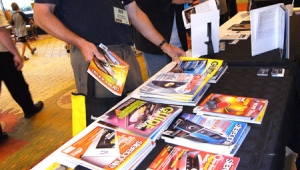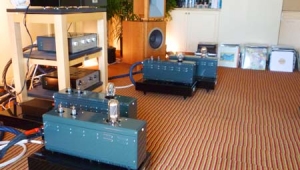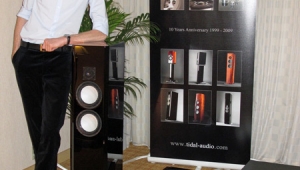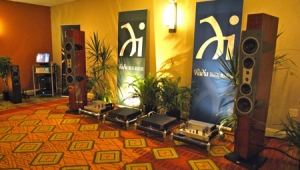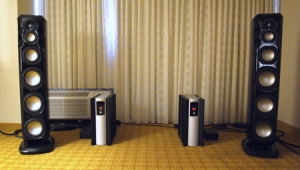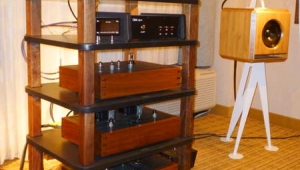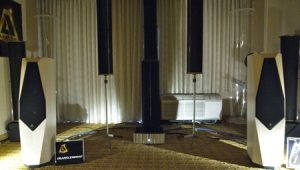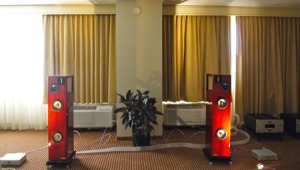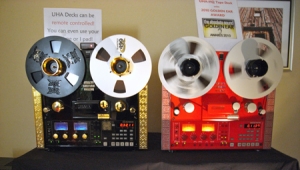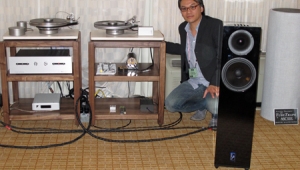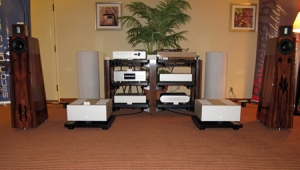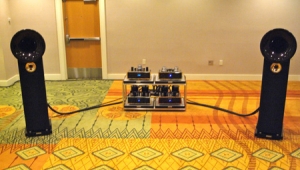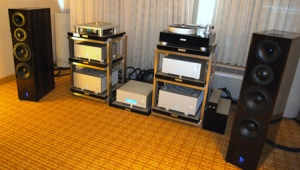| Columns Retired Columns & Blogs |
Jason - we conversed at length outside the exhibit room during at least one of those occasions you mention... you might have overlooked it, but the system also included a Channel D Seta Model L "flat" phono preamplifier, connected to the Music Hall MMF-9.1 turntable; RIAA correction in software was used for vinyl playback demos. Incidentally, the Spatial HD software is a version of Channel D Pure Vinyl, built to Spatial’s specifications.


